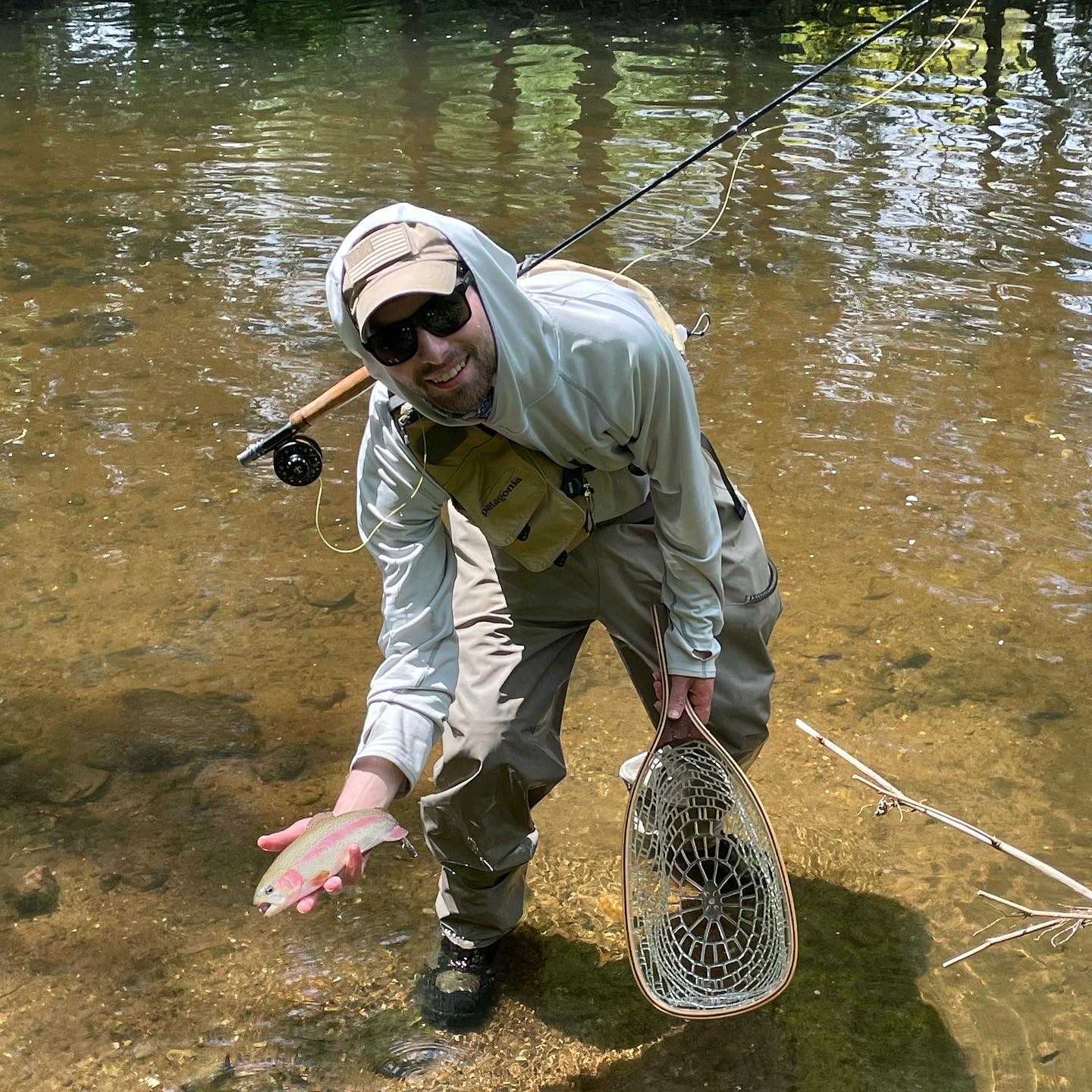What Does It Take to Be Organic? A Deep Dive into Organic Farming
- Kevin Bombace

- Nov 29, 2024
- 3 min read
Organic farming is a term that gets tossed around a lot, but there’s a lot more to it than meets the eye. Here at Stonetown Acres, we’re often asked about organic certification, what qualifies as organic, and how real-world challenges like chemical exposure impact even the most well-intentioned farmers. In this post, we’ll explore what it means to be organic, the realities of organic farming, and how different growing methods fit into the organic framework.
What Qualifies as Organic?
To be labeled organic in the United States, a farm or product must meet strict standards set by the USDA. Here’s a breakdown of the key requirements:
1. No Synthetic Inputs: Organic farms cannot use synthetic pesticides, herbicides, or fertilizers. Natural alternatives like compost, manure, and biological pest controls are the go-to methods.
2. Non-GMO: Organic farming strictly prohibits genetically modified organisms (GMOs) in both crops and animal feed.
3. Humane Animal Treatment: For livestock, animals must have access to the outdoors and live in conditions that promote natural behaviors. Hormones and antibiotics are not allowed.
4. Sustainable Practices: Organic certification emphasizes practices that protect soil health, water quality, and biodiversity.
Farms that meet these criteria can apply for USDA organic certification, a rigorous process that includes on-site inspections, recordkeeping, and annual reviews.
The Residual Chemical Challenge
Even on organic farms, exposure to residual chemicals can be a concern. Here’s how it happens:
• Soil History: If the land was conventionally farmed in the past, it may take years for residual pesticides or fertilizers to break down completely.
• Drift from Neighboring Farms: Wind or water runoff can carry chemicals from nearby conventional farms onto organic fields.
• Pollution in Water Sources: Contaminated groundwater or irrigation water can introduce unwanted chemicals.
Organic farmers work hard to mitigate these risks, often through buffer zones, soil testing, and careful water management. However, complete isolation from contaminants isn’t always possible, especially in areas with dense conventional agriculture.
Different Methods of Growing: Are They Organic?
Organic farming isn’t a one-size-fits-all approach. Let’s look at some common methods and how they fit within organic guidelines:
1. Soil-Based Growing:
• The traditional method of organic farming. Farmers rely on natural soil enriched with compost or manure to grow crops. Cover cropping and crop rotation are used to maintain soil health.
2. Hydroponics:
• Surprisingly, some hydroponic systems (growing plants in nutrient-rich water without soil) can be certified organic if they use organic nutrients and avoid synthetic chemicals. However, this is controversial among traditional organic farmers who argue that soil health is integral to organic farming.
3. Regenerative Agriculture:
• This approach focuses on improving soil health and biodiversity through practices like no-till farming, cover cropping, and integrating livestock. Many regenerative farms go “beyond organic” by actively restoring ecosystems, even if they don’t seek certification.
4. Indoor or Greenhouse Growing:
• Organic greenhouses must still adhere to organic standards, but questions arise about whether this method aligns with the spirit of organic farming. Critics argue that it lacks the connection to natural ecosystems.
5. Permaculture:
• Permaculture mimics natural ecosystems, combining crops, animals, and perennial plants in a self-sustaining design. While it often aligns with organic principles, it doesn’t always follow the strict rules required for certification.
Is Organic Always Perfect?
Organic farming is a step in the right direction for health and the environment, but it isn’t flawless:
• Cost: Organic certification can be expensive, making it harder for small farms to participate.
• Accessibility: Organic produce is often more expensive for consumers, raising questions about equity in food systems.
• Loopholes: As organic farming scales up, large operations sometimes find ways to cut corners while staying within the letter of the law.
What Does Organic Mean for Stonetown Acres?
At Stonetown Acres, we strive to embrace the principles of organic farming, even without formal certification. Our practices include:
• Avoiding synthetic chemicals and opting for natural soil amendments.
• Focusing on regenerative methods to heal the land.
• Creating buffer zones to reduce exposure to neighboring chemical drift.
• Prioritizing animal welfare and outdoor access for all our livestock.
For us, the term “organic” is more than a label—it’s a commitment to sustainable, ethical farming that nourishes both the land and our community.
Whether you’re shopping for groceries or supporting local farms, understanding what “organic” truly means helps you make informed choices. At Stonetown Acres, we’re happy to share our journey and discuss the ways we work toward farming that respects the earth and its natural processes.
Have more questions about organic farming or our practices? Let us know—we love to share our story!

Comments